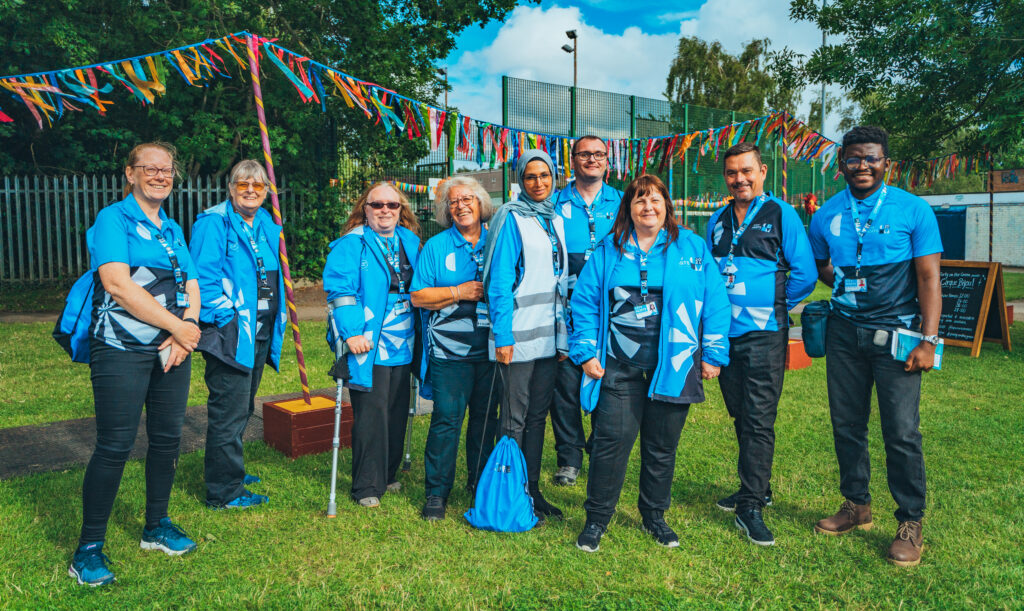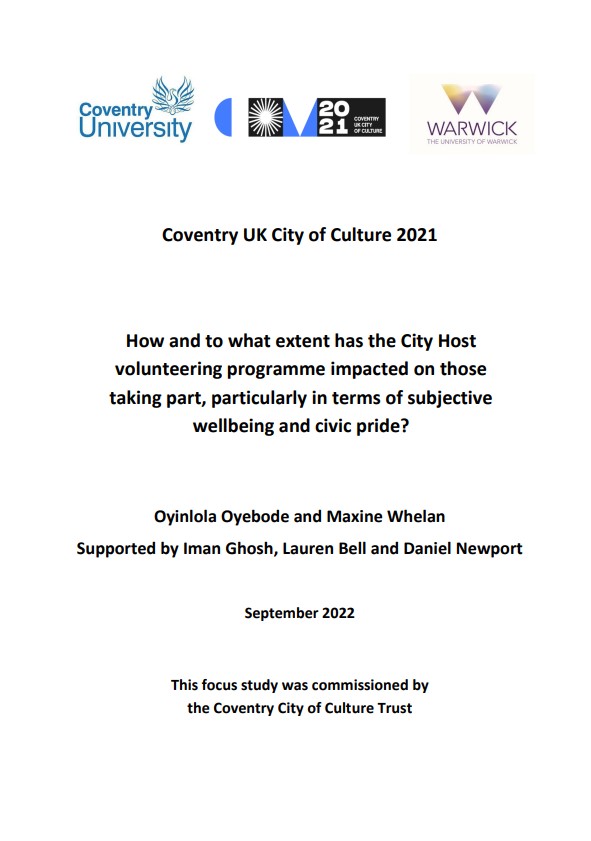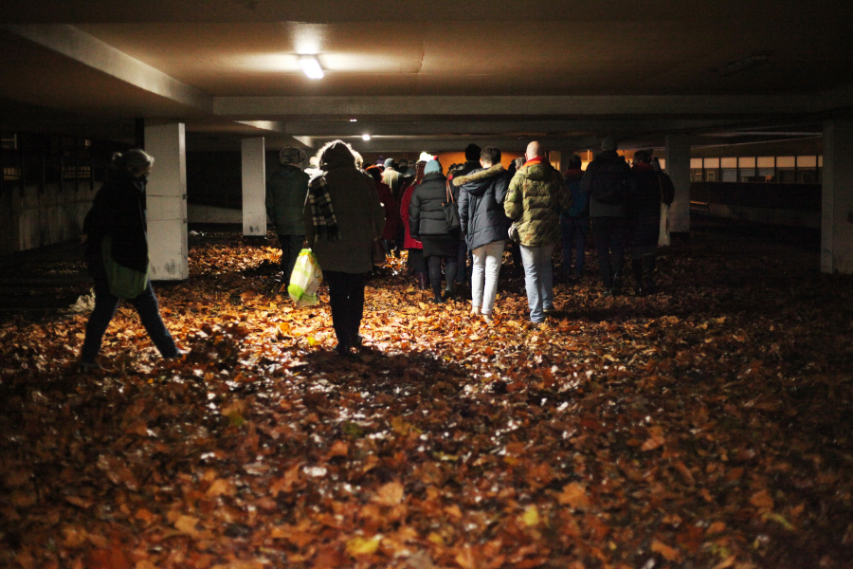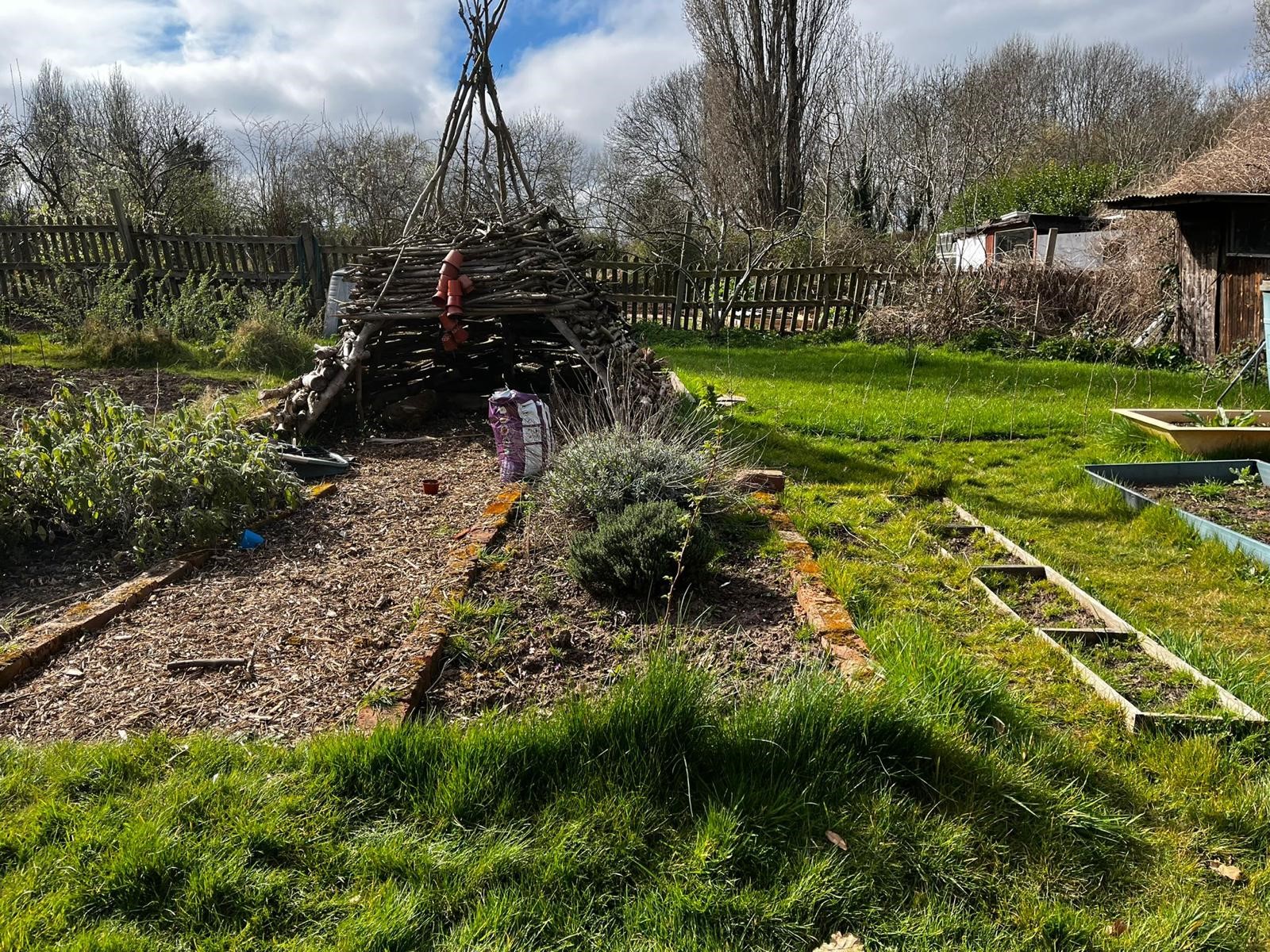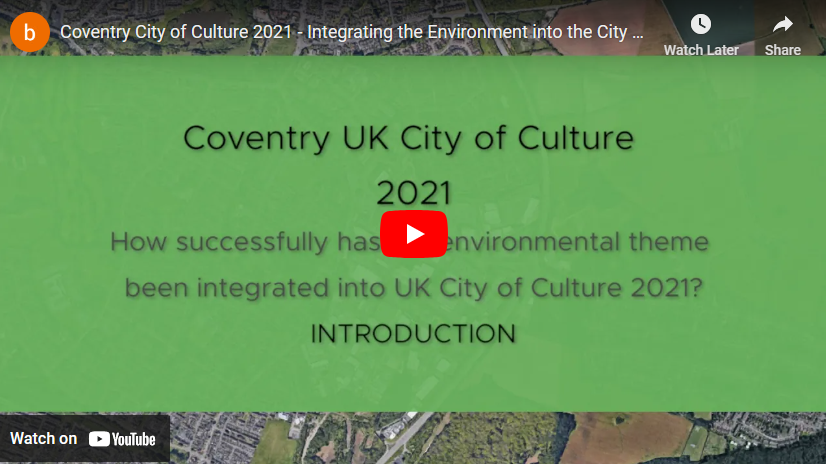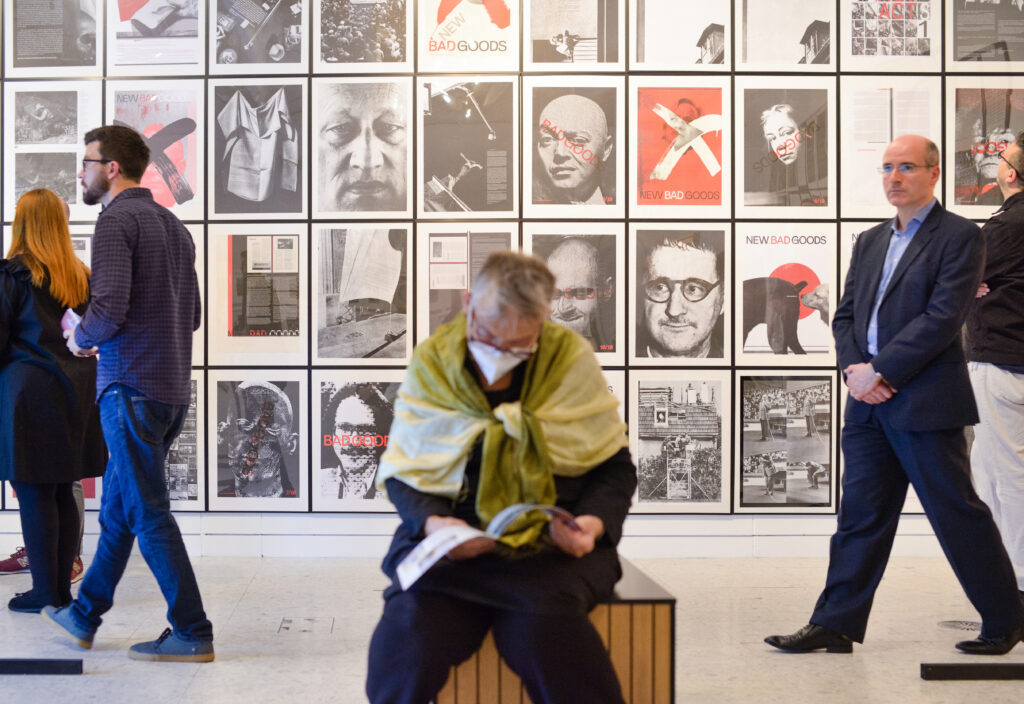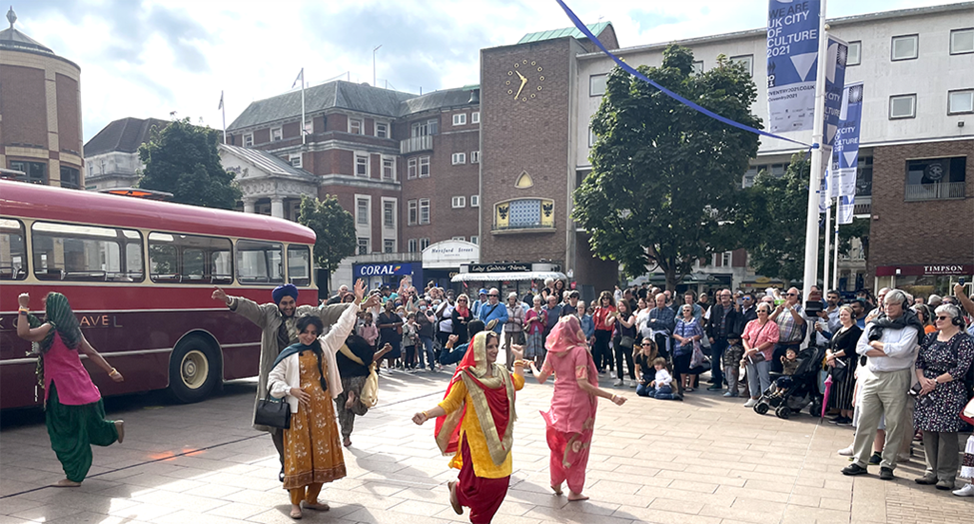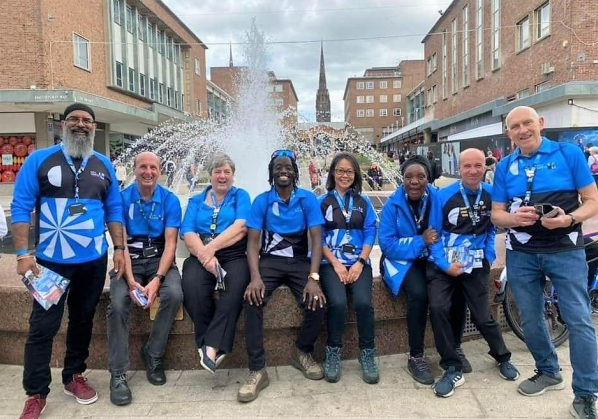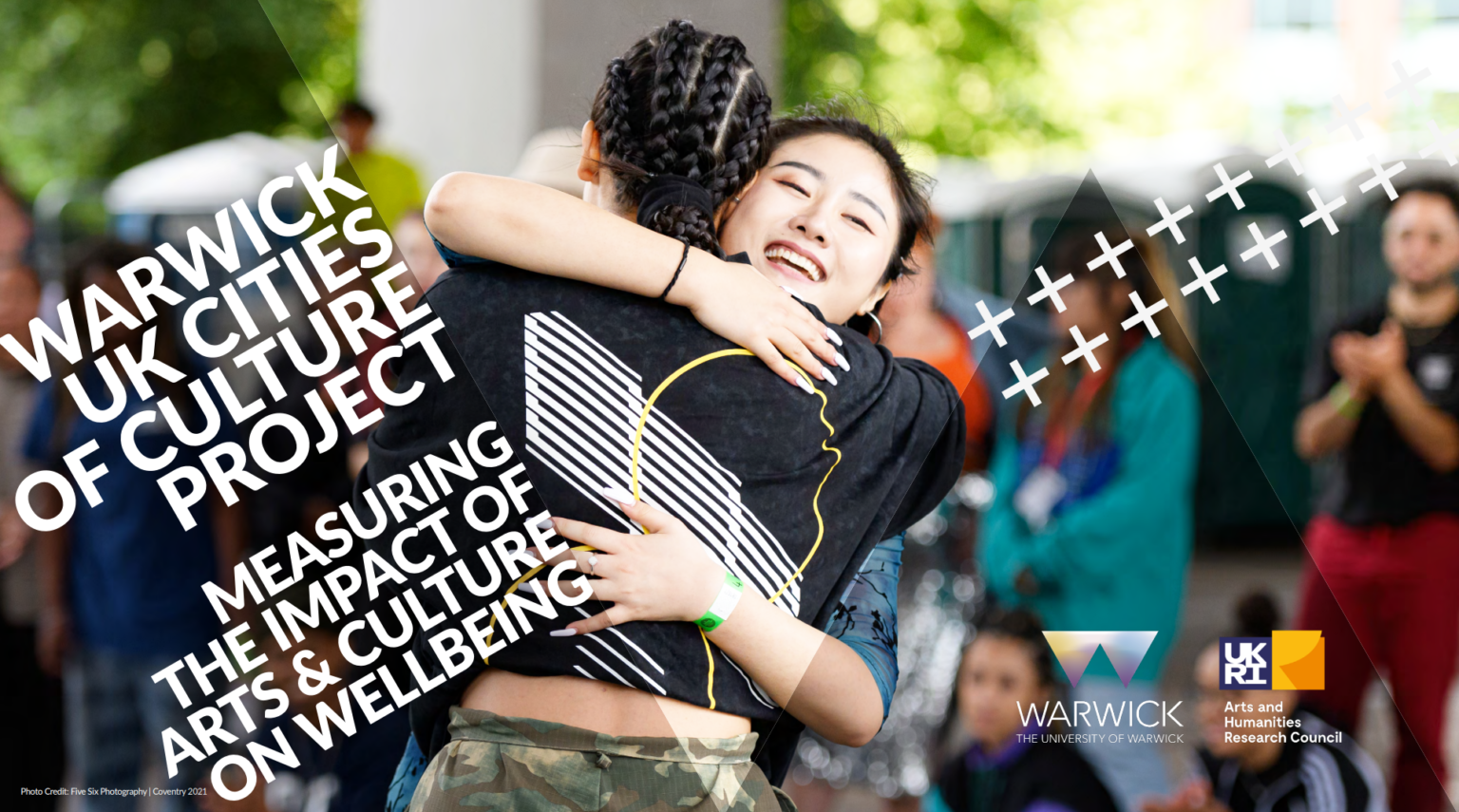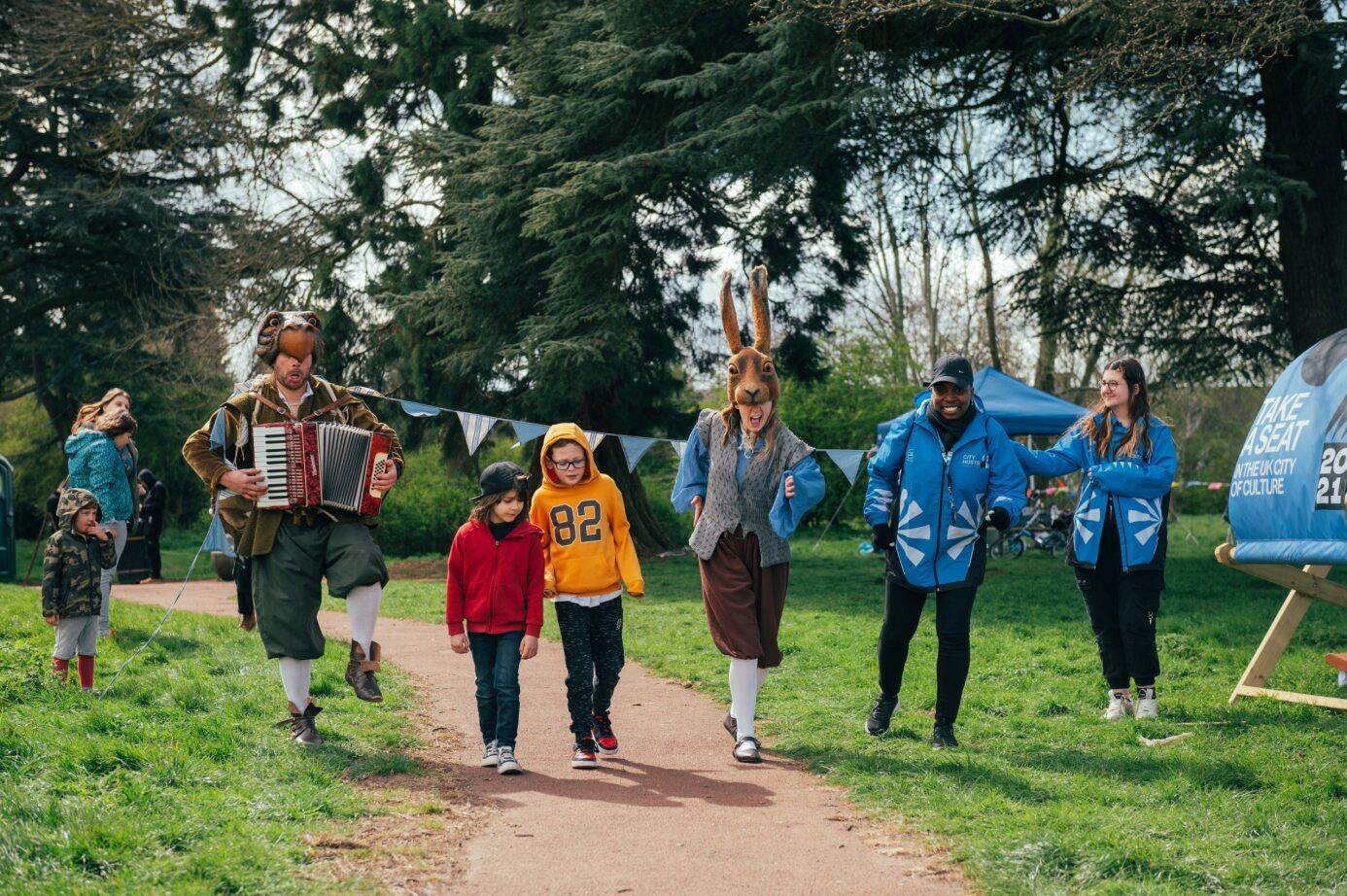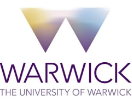Focus Study: Volunteering, Wellbeing and Civic Pride
Volunteers at the Party on the Green, Tile Hill (Photograph: Dylan Parrin)
Report and Seminar
The Volunteering, Wellbeing and Civic Pride focus study report was released in February 2023. It is one of a series of focus study reports.
The research team presented its results at a seminar on Wednesday 2 November 2022.
Volunteering, Wellbeing and Civic Pride Focus Study Report
Research Question
How and to what extent has the City Hosts’ volunteering programme impacted on those taking part, particularly in terms of subjective wellbeing and civic pride?
Aims
The aim of this focus study was to understand how and to what extent the Coventry UK City of Culture (UK CoC 2021) City Host volunteering programme impacted on those taking part, particularly in terms of their subjective wellbeing and civic pride.
Additionally, the study aimed to explore the mechanisms of change and intermediate outcomes between volunteering and subjective wellbeing. The What Works Centre for Wellbeing Theory of Change was used to guide the study’s analysis.
What Works Wellbeing Theory of Change
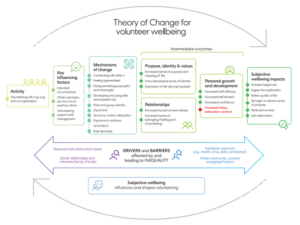
What Works Wellbeing Theory of Change
Approach
This focus study used a mixed-methods approach. This included a secondary analysis of data collected from City Hosts in a series of surveys conducted by the monitoring and evaluation team in August and November 2021 and April 2022. This was complimented with analysis of qualitative data collected through semi-structured interviews, conducted by the research team.
Quantitative data suggests that City Hosts had measurably higher mental wellbeing than the general population of Coventry, including the subset of Coventry residents who take part in other volunteering.
Due to various methodological limitations this is difficult to interpret on its own, but taken alongside the qualitative data, it does seem likely that City Hosts had better wellbeing than the general population of Coventry, and it also seems likely that it was taking part in the City Host programme that was at least partly responsible for their better wellbeing.
All the ‘mechanisms of change’ theorised in the What Works Centre for Wellbeing Theory of Change were supported by the focus study’s data. One additional mechanism of change was ‘exposure to culture’.
Findings
There was an association between volunteering and civic pride in the study’s quantitative analysis. Qualitative data suggested that many City Hosts had pre-existing high levels of civic pride, or positive feelings towards Coventry, but that this may have been strengthened through City Host volunteering.
The strengths of the City Host programme, that likely helped to drive wellbeing benefits, and therefore recommendations for other volunteering programmes, include:
- Paying attention to all the mechanisms of change that mediate improved wellbeing for volunteers, particularly:
- including opportunities for volunteers to make social connections
- developing a strong role and group identity
- Flexibility around what volunteers do, how much, and how often.
Weaknesses of the City Host programme, for other volunteering programmes to avoid include:
- Instances of a lack of activities or responsibilities for volunteers
- Some perceived unfairness of shift distribution.
Conclusions
In conclusion, the focus study suggests that the City Host programme increased City Hosts’ wellbeing and that this was achieved through many mechanisms, particularly through increasing social connectedness and sense of belonging.
Strengths of the City Host programme have been identified that other volunteer programmes could emulate to promote positive outcomes for their volunteers.
Acknowledgements
The research teams were based at the Warwick Medical School’s Department of Health Sciences and Coventry University’s Research Centre for Intelligent Healthcare. The focus study was led by Professor Oyinlola Oyebode (who now works for Queen Mary University of London); her fellow researchers were Dr Maxine Whelan, Iman Ghosh, Lauren Bell and Daniel Newport
This focus study was commissioned by the City of Culture Trust and supported by the monitoring and evaluation team.
Links
The Future Trends: The Impact Of Arts & Culture On Wellbeing paper also explores this theme.
Ingrid Abreu Scherer from the What Works Centre for Wellbeing was part of the panel speaking at the Cultural Policy and Evaluation Summit, on 25 June 2021, in the early stages of the UK CoC 2021 year. (Starts 1:56:18)


